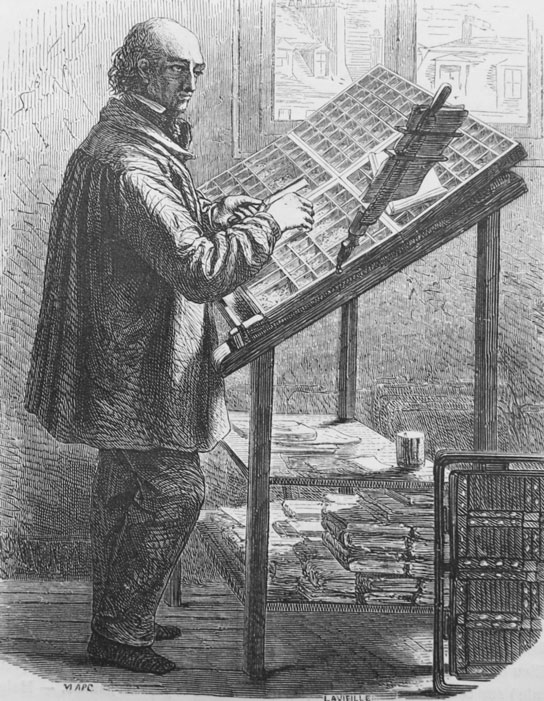Samuel Hayat
Samuel Hayat : CNRS, CEVIPOF (samuel.hayat@sciencespo.fr ; ORCID : 0000-0002- 9422-3939)
Can the workers write? For a social history of workers’ ideas in the 19th century
Abstract: A social history of workers’ ideas aims to capture the role of ideas in the construction of the working class, based on the study of texts produced by workers. In the 19th century, these texts were concentrated in times of political crisis, for example in France during the revolutions of 1830 and 1848, and at the end of the Second Empire. On these occasions, workers wrote texts in the name of the working class. To give an account of the conditions under which these texts could be written, without giving way to populism, we can see them as the results of metapragmatic activities of questioning the very conditions of existence of a working-class subject, situated in the continuity of the revolutionary disorganisation of the world of work, notably through the prohibition of corporations, which forced workers to collectively question the ways in which they should be organised. Texts produced during moments of crisis were then made possible by a continuous underground activity of workers’ scripts, which remained below the level of visibility for the history of ideas because they took forms not recognised by this discipline, such as technical writings, statutes of association or demands – evidence of which can be found, for example, in the many expressions of Parisian typographers. These texts from the world of work, whose concepts and ideas were reinterpreted by the workers themselves at the time of the political crises of the 19th century, can then serve to renew the sources of political philosophy.
Keywords: Social History of Idea; Working Class; 19th Century France; Revolutions; Workers’ Writings.

